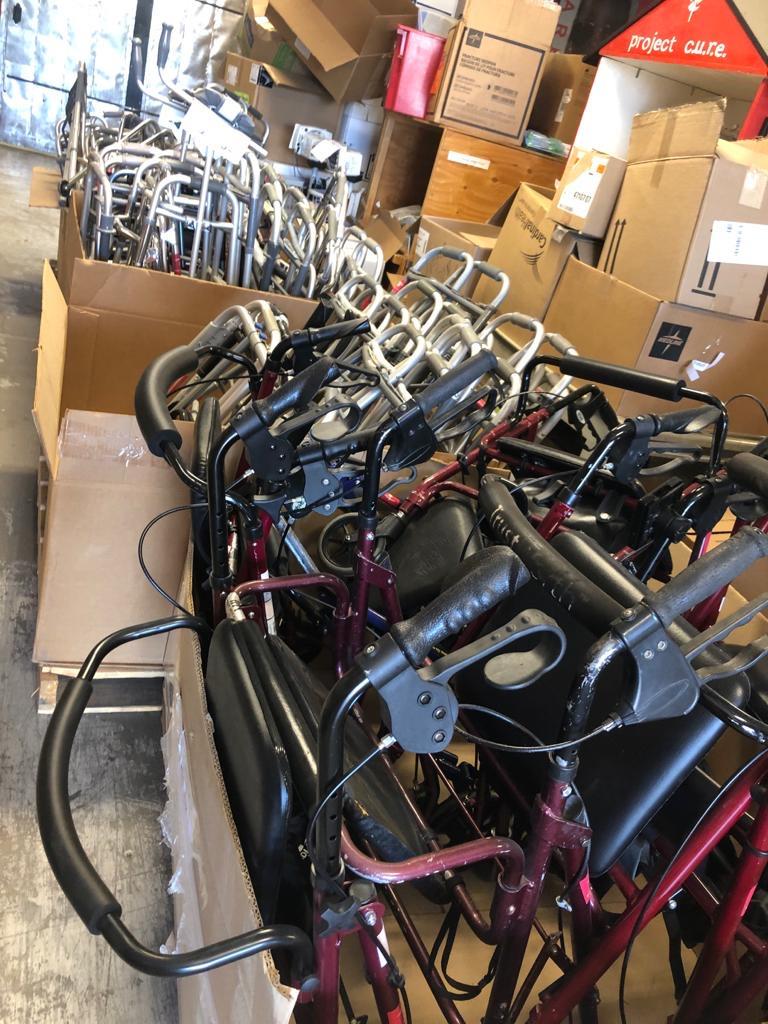Related Page
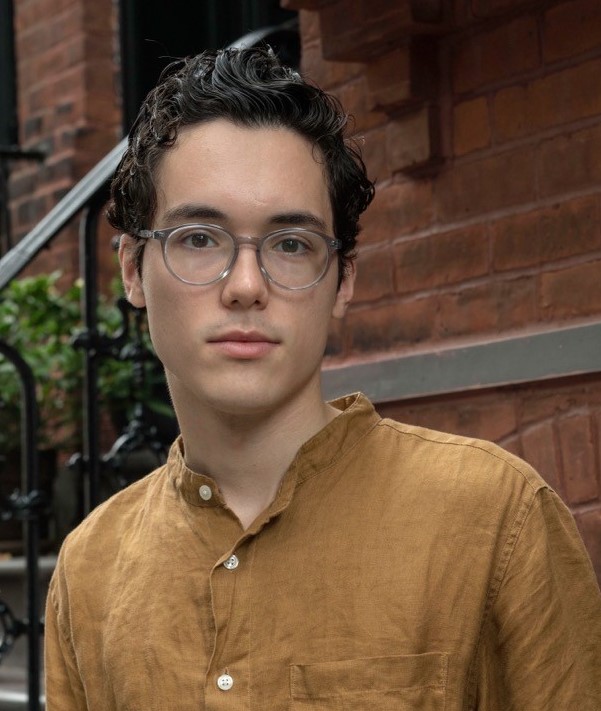
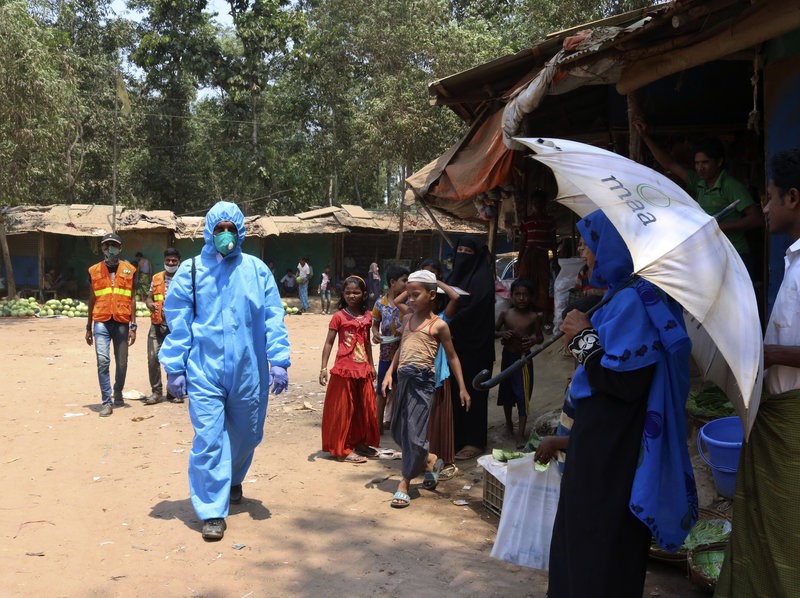
- Historical Background – The Rohingya people are an ethnic minority living in the Rakhine State of Myanmar. The persecution of the Rohingya goes back as far as 1948 when Myanmar declared this an ethnic cleansing. The Lowenstein Clinic at Yale Law School found strong evidence of genocide in 2015.
- Geopolitical Context – Approximately one million Rohingya refugees have fled and sought safety from an ethnic genocide in the Rakhine State of Myanmar and have taken shelter in Cox’s Bazar, Bangladesh. The Rohingya is one of the largest stateless populations in the world. Of these refugees over 400K are children. Despite ongoing efforts to relocate people to safer places, Cox’s Bazaar remains extremely overcrowded.
- Public Need (COVID-19 Aid) – There are only an estimated 2,000 ventilators in the entire country of Bangladesh with a population of 160 million people. There isn’t a single intensive care bed in the Rohingya Refugee camp, home to nearly a million people itself. The World Health Organization warned that refugees are particularity at risk. If the coronavirus spreads in what is now the world’s largest refugee camp, a humanitarian catastrophe would be imminent. Speed is of essence to prevent the exponential spread of COVID-19 in the especially vulnerable Rohingya refugee population
- Global Grant Funding Proposals- Plans are in place through a Rotary International Global Grant to procure $40,000+/- in medical supplies, such as - air purifiers/ventilators, testing kits, personal protective equipment, such as PPE coveralls, safety goggles, disposable masks and N95/R95 respirator masks. Project partners in Bangladesh will handle procuring and getting the supplies to the refugee camp.
- Fundraising – Jack stated several in-progress global partnerships are in place, as well as, social media fundraising strategies. Key supporting partners are: Bangladesh’s Dhaka Mavericks Rotary Club, Rotary Club of New Haven CT, Rheingau Rotaract Club in Eltville am Rhein Germany, Boston University’s Sargent Rotaract Rotary Club, International Centre for Diarrhoeal Disease Research, Bangladesh, Rotary International Foundation, other supporting organizations, as well as, Rotary Club of Scottsdale.
- For more information about the project and how you can contribute, please visit website: yalerotaract.com/relief4rohingya.
- Jack Fresquez, of Yale College, provided Rotary Club of Scottsdale an update on impact of coronavirus at Rohingya refugee camp in Cox’s Bazar, Bangladesh.
- A health worker wearing PPE in the Kutupalong Rohingya refugee camp in Cox’s Bazar, Bangladesh in April 2020. On 05/14/20, Bangladesh reported the area’s first confirmed coronavirus infections.
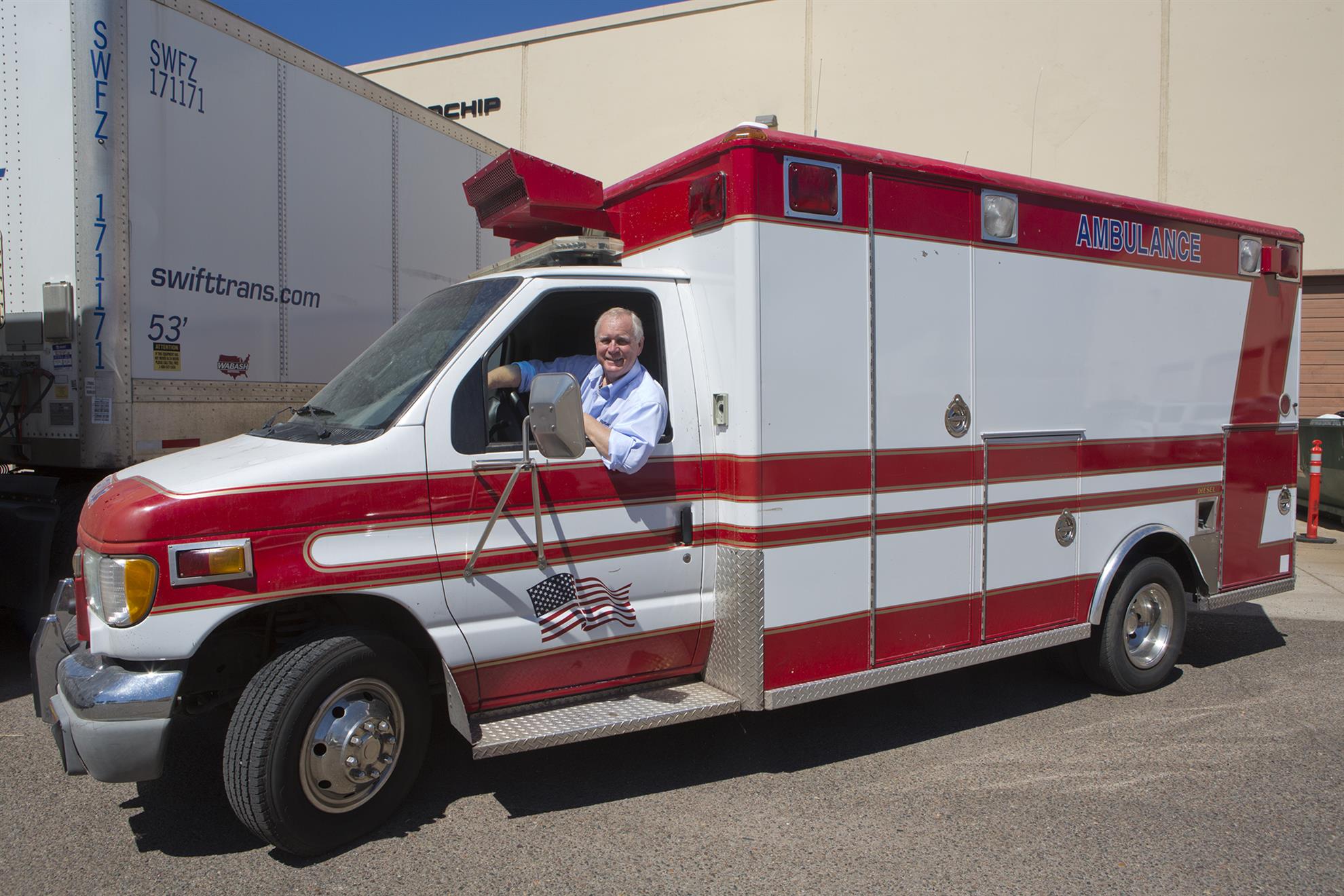
In preparation for this project, a joint Rotary and Project C.U.R.E. team visited each of the five hospitals supported by the Sonoran Ministry of Health to determine the individual needs of each hospital. In this manner, only items needed by hospitals were shipped, assuring the right medical equipment would be provided. Items shipped included hospital beds, examination beds, walkers, crutches, and bandages needed for the immediate needs of the COVID crisis. Also being donated to Alamos, Sonora, Mexico is an used, but in good shape, ambulance donated by Phoenix’s AMR (American Medical Response ).
Those who participated on site at the project were:
- Rotarian Dale Gray of the Rotary Club of Scottsdale, who led the project with support of fellow Rotarians David Pastor and Max Rumbaugh.
- Rotary Club of Tempe South was represented by Abe Feder and Cliff Jones.
- Participating from Club Rotario de Phoenix were its Club President Irayda Flores, Club Vice President Rene Bermudez, and fellow Rotarians Mary Gutiérrez and Norma Gutiérrez Deorta.
- Rotary District 5495 was represented by Kevin Pitts (Rotary Club of Prescott Past Club President and District Assistant Governor) and several other Rotarians from Rotary Clubs located in Tempe, Prescott and other cities.
- The Rotarians were pleased that Acacia Wastchak and Megan Wastchak, both students at Saguaro High School and members of the high school’s Rotary Interact Club, had volunteered to load medical supplies.
- The Sonora Governor's representative in Phoenix, Enrique Franco Celaya, was also present as the medical supplies were loaded.
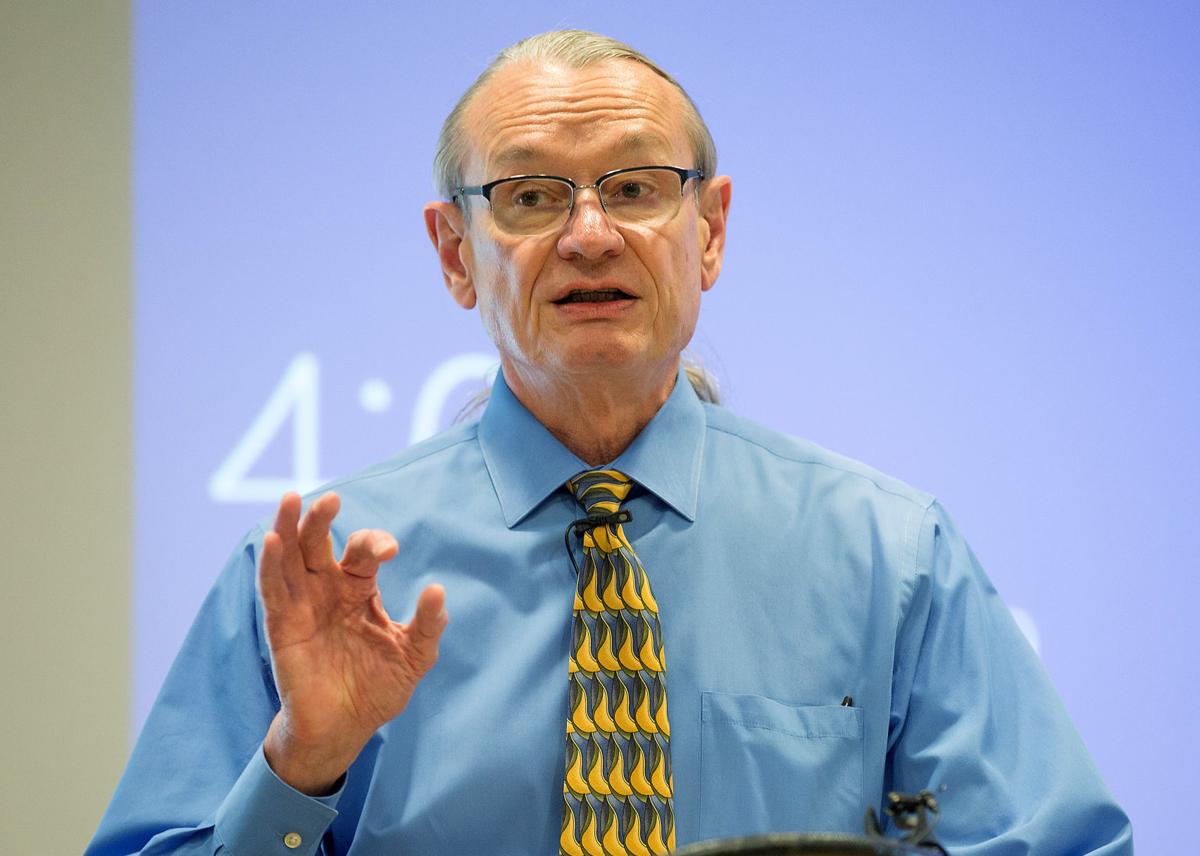
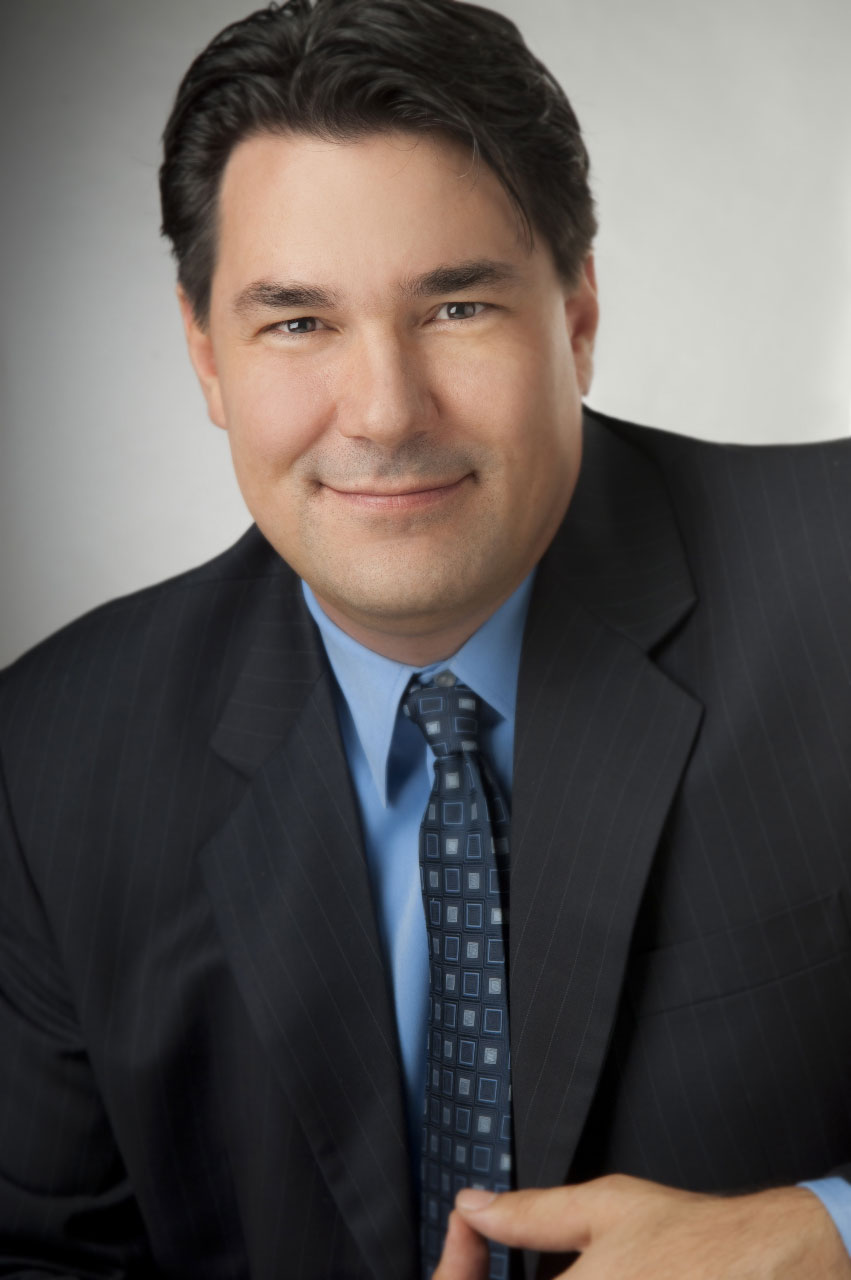
The Rotary Club of Scottsdale hosted speaker Christopher Thornberg, PhD, Founding Partner at Beacon Economics, a research organization, based in Los Angeles, California. Rotarian Kevin Maldonado introduced Dr. Thornberg to the Rotarians attending the Club’s weekly Zoom meeting.
In 2015, Dr. Thornberg became Director of the UC Riverside School of Business Center for Economic Forecasting and Development and an Adjunct Professor at the School. Prior to launching Beacon Economics Dr. Thornberg was a senior economist with UCLA’s Anderson Forecast. He previously taught at UCLA’s Anderson School, in the Rady School of Business at UC San Diego, at Thammasat University in Bangkok, Thailand and at Clemson University.
A well-known media commentator, Dr. Thornberg has appeared on CNN and NPR and is regularly quoted in major national dailies including the Wall Street Journal, Reuters and New York Times. Originally from upstate New York, Dr. Thornberg holds a Ph.D. in Business Economics from The Anderson School at UCLA, and a B.S. degree in Business Administration from the State University of New York at Buffalo.
Recent and ongoing projects of Dr. Thornberg include an analysis of minimum wage programs for the City of Los Angeles; housing and rent control studies for the California Apartment Association; quarterly regional economic outlooks for the East Bay Economic Development Alliance; a recession recovery plan for the City and County of San Francisco; an annual economic assessment of LA’s city council districts for the Los Angeles Area Chamber of Commerce; an analysis of the local technology industry for the Santa Cruz County Workforce Development Board; and economic impact studies for the 2024 Los Angeles Olympic Games Committee and the University of Southern California.
Dr Thornberg serves as Chair of the California Chamber of Commerce Economic Advisory Council, is on the Board of Directors of the Los Angeles Area Chamber of Commerce, is an Executive Member of the Central City Association (Los Angeles), and is a member of the California Association for Local Economic Development.
During his talk to the Rotarians, Dr. Thornberg highlighted the short and long run implications of the current public health mandates. The impacts are global and unprecedented due to the public health actions, shelter in place rules and massive unemployment. Dr. Thornberg called today’s volatility a form of “miserabilism” affected by distracting weapons of mass social media.
Per Dr. Thornberg, 80% of the unemployment is likely temporary job loss or furloughs. He shared statistical information about the roots of recessions, especially related to federal budget deficits. He added that free money leads to inflation. When asked how long will shutdowns last, Dr. Thornberg suggested by end of 3rd quarter 2020, USA will largely be open for business with air travel and large events lagging because of behavioral issues.
When talking about today’s unemployment numbers, Dr. Thornberg noted the numbers are not driven by the permanent collapse of any part of the economy. Rather, they have been driven by the temporary, public health mandated halt in economic activity due to the Covid-19 epidemic. And while a huge part of the U.S. economy has had to close down and furlough workers, there is no reason to assume they cannot or will not reopen once the mandates are lifted. This is why in this particular business cycle, the employment losses not only have happened far more quickly than in past recessions, but they are also a concurrent indicator of economic problems rather that a lagging one (Reference: The Job-apocalypse, May 8, 2020 post by Christopher Thornberg, PhD – see Beacon Economics Blog – www. beaconecon.com).
Other topics Dr. Thornberg addressed were: the balance between spending and incomes; increased savings rates; labor shortages; consumer debt problems; borrowing being the highest its been since WII; the broken stock market; and more. Unknowns he discussed were: potential second round of Covid outbreaks; how many business will actually permanently close their doors; how long entertainment and travel will be impacted; and, impacts to local and federal budgets.
When asked about residential real estate markets, Dr. Thornberg said it is a good time to buy, especially with the low interest rates. When asked about “big box” stores, Dr. Thornberg noted currently there just is too much retail space needing to be rezoned for other purposes.
In closing, Dr. Thornberg, stated that the number jobs not returning depends on how long the closures last, how deep they run, how healthy the economy was before the pandemic arrived on our shores, what the government is doing to support the economy, and will there be changes in consumer behavior that will last beyond the public health mandates. He noted based on reports he has seen, jobs will come back, leading to a massive surge in economic activity in the third quarter of this year.
Prior to this online meeting, the Club held two Zoom meeting sessions with all the City of Scottsdale Mayoral candidates. Each candidate introduced herself/himself and responded to five specific questions related to their candidacy and support of Scottsdale.
For more information about Rotary Club of Scottsdale – see www.scottsdalerotary.org. The 66-year old Rotary Club is proud of its support for youth in our area, Scottsdale Rotary Park, Papago Rotary Park, Scottsdale Sister Cities, Rotary International and for the quality of its weekly speakers/programs. Through its support of Rotary International Foundation the Club supports PolioPlus Fund, provides clean water, promotes world peace, fights disease around world, saves mothers and children, supports education and grows local economies.

